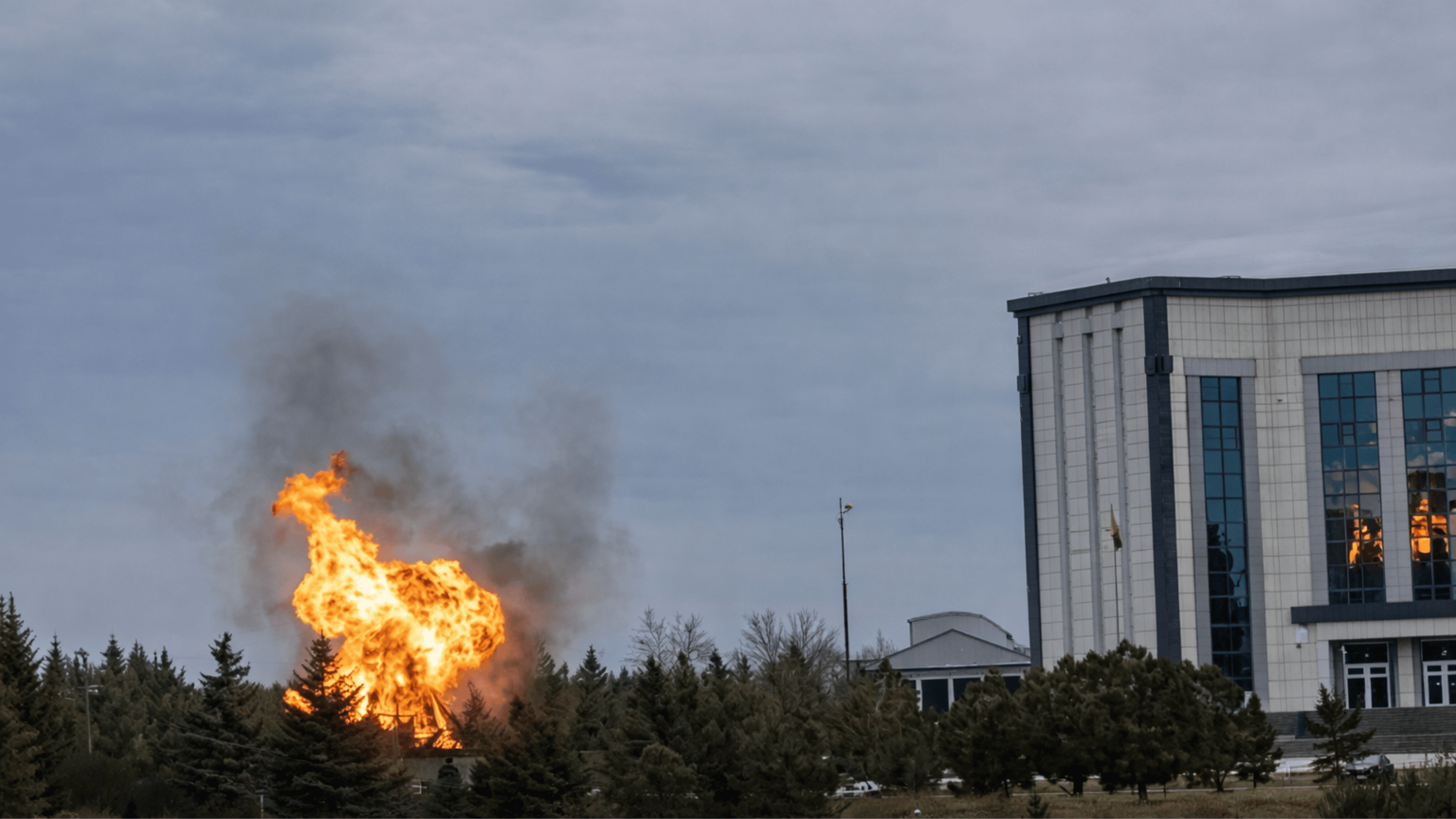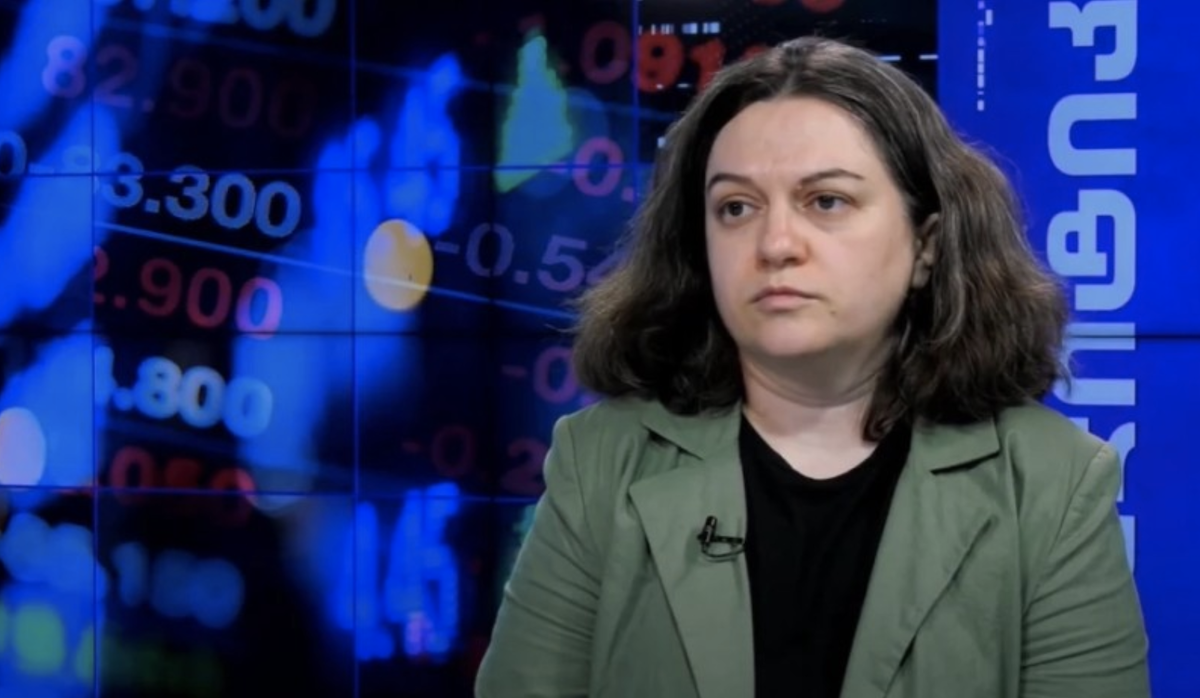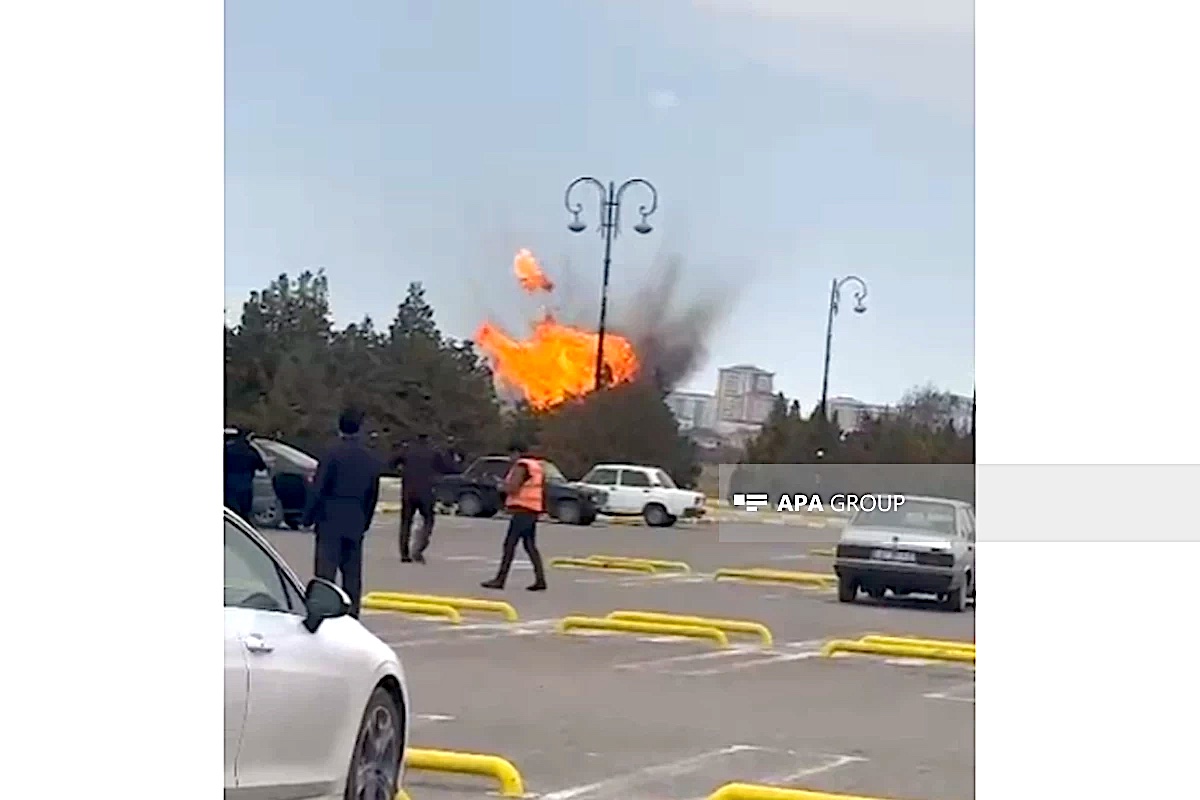Opinion: Can new agreement between government and opposition make a real change in Abkhaz politics?
Abkhaz government and opposition groups are currently working on developing a new set of guidelines aimed at reducing the likelihood of violent regime change.
One of the main issues that the new set of rules will address is a way to exclude violent methods of changing power which have become chronic for Abkhazia. However, no one seems to be talking about the non-transparent financing of political processes.
Political players will conclude a ‘gentlemen’s agreement’ which guarantees the opportunity for the president-elect to complete his entire term without fear of his residence being stormed. This has happened many times over the past 10 years; indeed, the current president Aslan Bzhania himself came to power in the same way.
On January 9, 2020, a group of activists and the opposition stormed the presidential palace in Abkhazia and demanded the resignation of President Raul Khajimba, who was re-elected just a few months before, on September 8, 2019. On the same day, the Supreme Court declared the results of those elections invalid, and, on January 12, Khajimba announced his resignation, and new elections were called. Aslan Bzhania was elected as President on April 23, 2020.
The idea to conclude such an agreement came from the former mayor of Sukhum, Kan Kvarchia, and the Aydgylara opposition group that he leads. Most likely, it will be supported by President Aslan Bzhania, all pro-presidential organizations, and the rest of the opposition.
The parties expect that the agreement will be more effective than a legal framework.
Even optimists will refrain from stating that civilized methods of internal political struggle will eventually become a norm in Abkhazia, let alone chronic pessimists such as myself.
- ‘The people need an enemy’ – who’s fighting NGOs in Abkhazia and why
- Russia and Abkhazia: creeping ‘harmonization’
- Op-Ed: Crisis in Abkhazia unavoidable. How the authorities deal with it is vital
The problem is that the activities of all major political groups in Abkhazia are not transparent, so much so that compared to the mire of local politics, even the Abkhazian economy seems crystal clear.
Not a single president, not a single MP will ever publicly disclose the actual amount they spent on the election campaign. Officially, pennies will appear on the securities, if at all. But in reality, to be a competitive candidate in the presidential elections, you will need at least two hundred million rubles [about $ 2.5 million], for parliamentary elections – two million rubles or more [about $ 30,000].
All these amounts are gray. The age of altruists is long gone, and no one gives out such amounts of money without asking something in return, one will have to pay back somehow.
In general, the root of the Abkhaz instability must be addressed in the murky field of finances.
While the opposition is negotiating with the authorities on new rules of the game, the trial of the former general director of the state-owned company ‘Abkhazavtodor’ Boris Achba was almost unnoticed.
The Sukhumi City Court found him guilty of embezzling nearly 20 million rubles [about $ 270,000] from budget funds and sentenced him to seven years in prison.
The prosecution stated that in February 2017, Boris Achba drew up a letter addressed to the then-incumbent President Raul Khajimba, in which he falsely claimed that because of the floods, road and railway bridges on the Aapsta and Khipsta rivers were under threat of destruction and they urgently needed to be repaired.
The entire requested amount was transferred without any bureaucratic hold-ups and the money immediately disappeared. The court concluded that Boris Achba had embezzled them all, right down to the last penny.
However, unofficial sources claim it was this money that went to support “their” candidates in the March 2017 parliamentary elections but, unsurprisingly, the official did not want to say this either during the investigation or at the trial. Apparently, there were reasons for that.
Nobody insisted and everyone – both the authorities and the opposition – were satisfied with the official version which stated that the stolen money went exclusively to Boris Achba’s pocket. I think I might know why.
None of the current Abkhaz political elite will ever spit into the well from which their career was so abundantly watered.
So all these agreements on starting the internal political process from a “blank slate” are only viable for a short period of time. In the long term, it will be necessary, figuratively speaking, to turn out the pockets of public figures to make the accounting of the political kitchen transparent.



















